WEBRip | English | MP4 | 960 x 540 | AVC ~62 kbps | 29.970 fps
AAC | 128 Kbps | 44.1 KHz | 2 channels | Subs: English (.srt) | 13:39:29 | 1.31 GB
Genre: eLearning Video / Programming, Robotics, Computer Engineering
Control of Mobile Robots is a course that focuses on the application of modern control theory to the problem of making robots move around in safe and effective ways. The structure of this class is somewhat unusual since it involves many moving parts – to do robotics right, one has to go from basic theory all the way to an actual robot moving around in the real world, which is the challenge we have set out to address through the different pieces in the course.
The class will consist of lecture videos, which are between 8 and 12 minutes in length. These contain 1-2 integrated quiz questions per video. There will also be standalone homework and a final exam.
Magnus Egerstedt is a Professor in the School of Electrical and Computer Engineering at the Georgia Institute of Technology, where he has been on the faculty since 2001. He is an award-winning teacher, with awards from both Georgia Tech and Harvard University. Dr. Egerstedt received the M.S. degree in Engineering Physics and the Ph.D. degree in Applied Mathematics from the Royal Institute of Technology, Stockholm, Sweden, and the B.A. degree in Philosophy from Stockholm University. Dr. Egerstedt’s research interests include motion planning, control, and coordination of (teams of) mobile robots, and he is the director of the Georgia Robotics and Intelligent Systems Laboratory (GRITS Lab). Magnus Egerstedt is a Fellow of the IEEE and a recipient of the CAREER Award from the U.S. National Science Foundation.
This course investigates how to make mobile robots move in effective, safe, and predictable ways. The basic tool for achieving this is “control theory”, which deals with the question of how dynamical systems, i.e., systems whose behaviors change over time, can be effectively influenced. In the course, these two domains – controls and robotics – will be interleaved and we will go from the basics of control theory, via robotic examples of increasing complexity – all the way to the research frontier. The course will focus on mobile robots as the target application and problems that will be covered include (1) how to make (teams of) wheeled ground robots avoid collisions while reaching target locations, (2) how to make aerial, quadrotor robots follow paths in the presence of severe disturbances, and (3) how to locomotive bipedal, humanoid robots.
While the main focus of this course is theory, it is important to be able to map the theory onto an actual physical platform. As such, the course will provide detailed instructions on how to build a mobile robot from scratch as an optional part of the course. In addition, an introduction into microcontrollers, mechatronics, and electronics will be given so that, by the end of the course, the controllers developed in the course can run on an actual mobile robot.
The course will also feature optional programming assignments, which will focus on implementing the controllers developed in this course for a mobile robot. A MATLAB-based simulator will be available run controllers from the programming assignments on a simulated robot or on the mobilerobot built in this course. As a result of support from MathWorks, a downloadable license for MATLAB and course recommended toolboxes will be available for the duration of the MOOC.



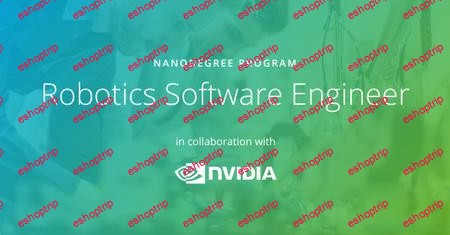
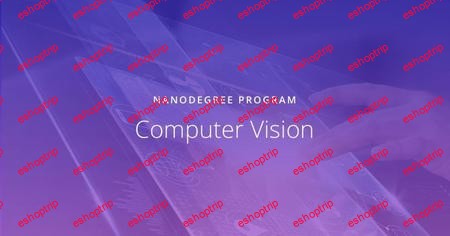
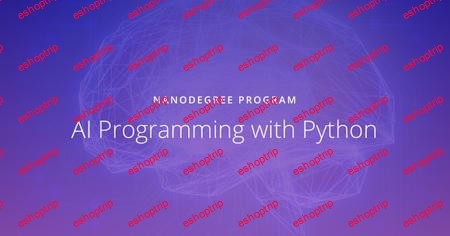
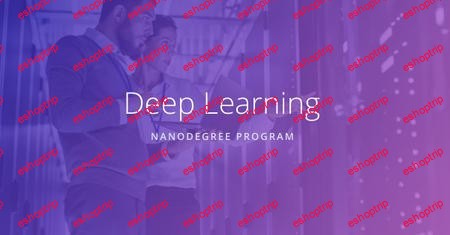


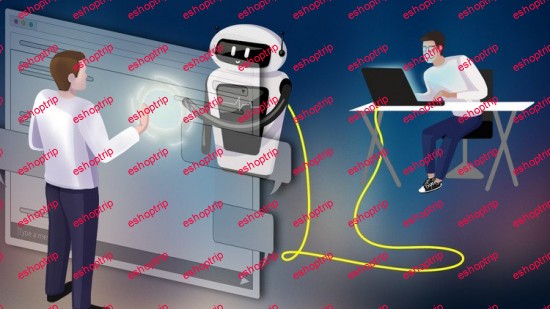
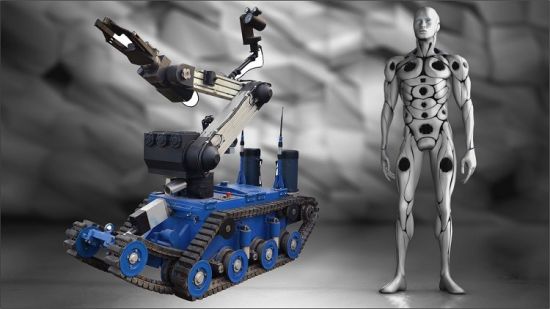
Reviews
There are no reviews yet.